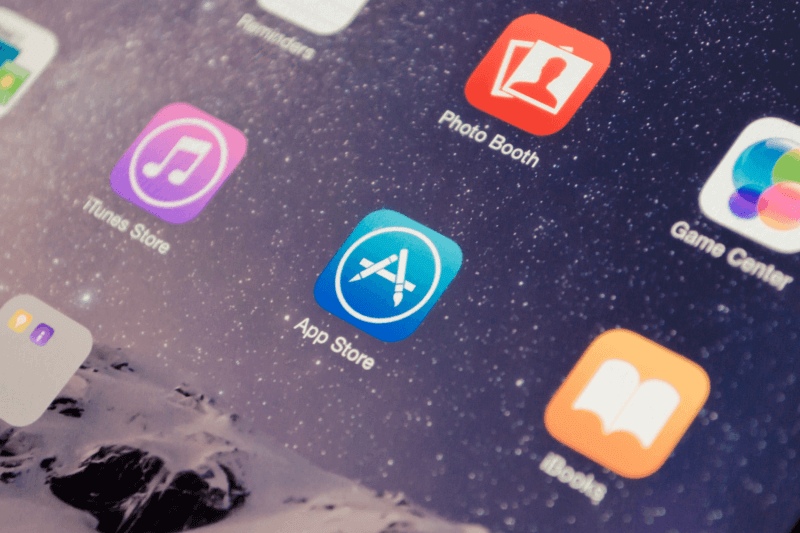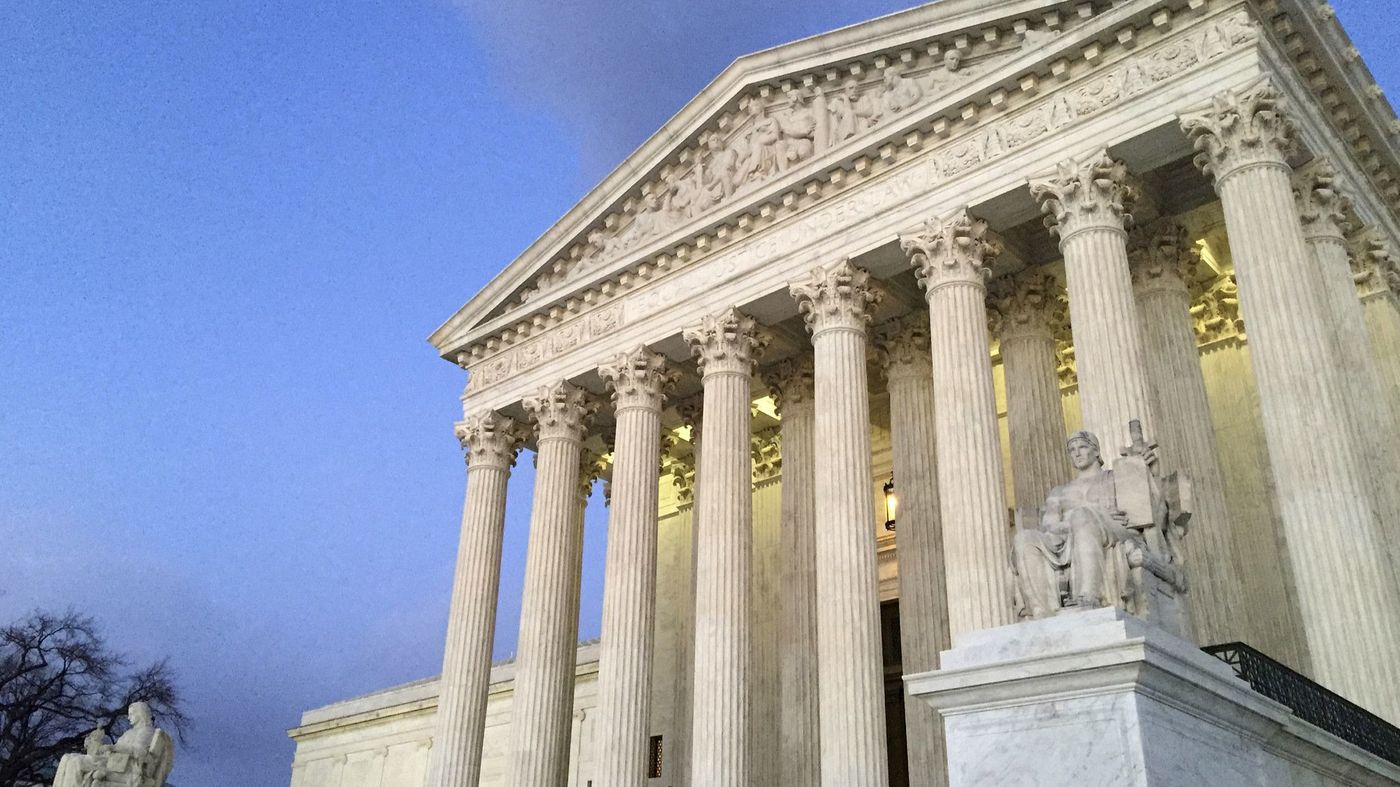A hot potato: The App Store might be considered a monopoly and could be forced to make changes depending on the ruling of Apple v. Pepper by the Supreme Court. The lofty 30 percent sales fee is being challenged by developers.
Apple is officially off to the Supreme Court today to fight an antitrust case that claims the App Store operates as a monopoly. After years of ongoing litigation between developers and Apple, the lack of clarity regarding how entities can control their digital platforms will be forever changed.
The case of Apple v. Pepper narrowly avoided being thrown out because existing antitrust laws may only apply to the App Store if consumers are considered direct purchasers. One federal judge from Oakland, California had previously ruled that consumers are not directly buying from developers and that the higher fees being paid were the fault of developers, not Apple's 30 percent fee for using the App Store.
Going to the 9th Circuit Court of Appeals, Apple was classified as a distributor of apps that are sold directly to consumers, giving developers the right to bring suit against the company under antitrust laws.

Today marks the beginning of a legal battle that will determine the extent of control that can be exerted over a global product platform. Apple's routine sales of tens of millions of iPhones and billions in App Store revenue certainly point to the idea that developers are being gouged on sales fees.
More than 30 state attorney generals have backed Pepper in the case, notably including support from both Texas and California. Apple has said that a ruling against the company could be a threat to the entire e-commerce industry and would open the doors for consumers to file dozens of suits against other businesses.
